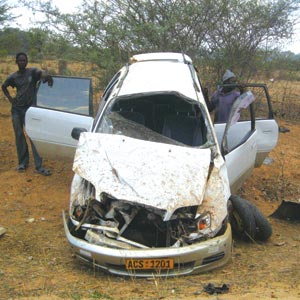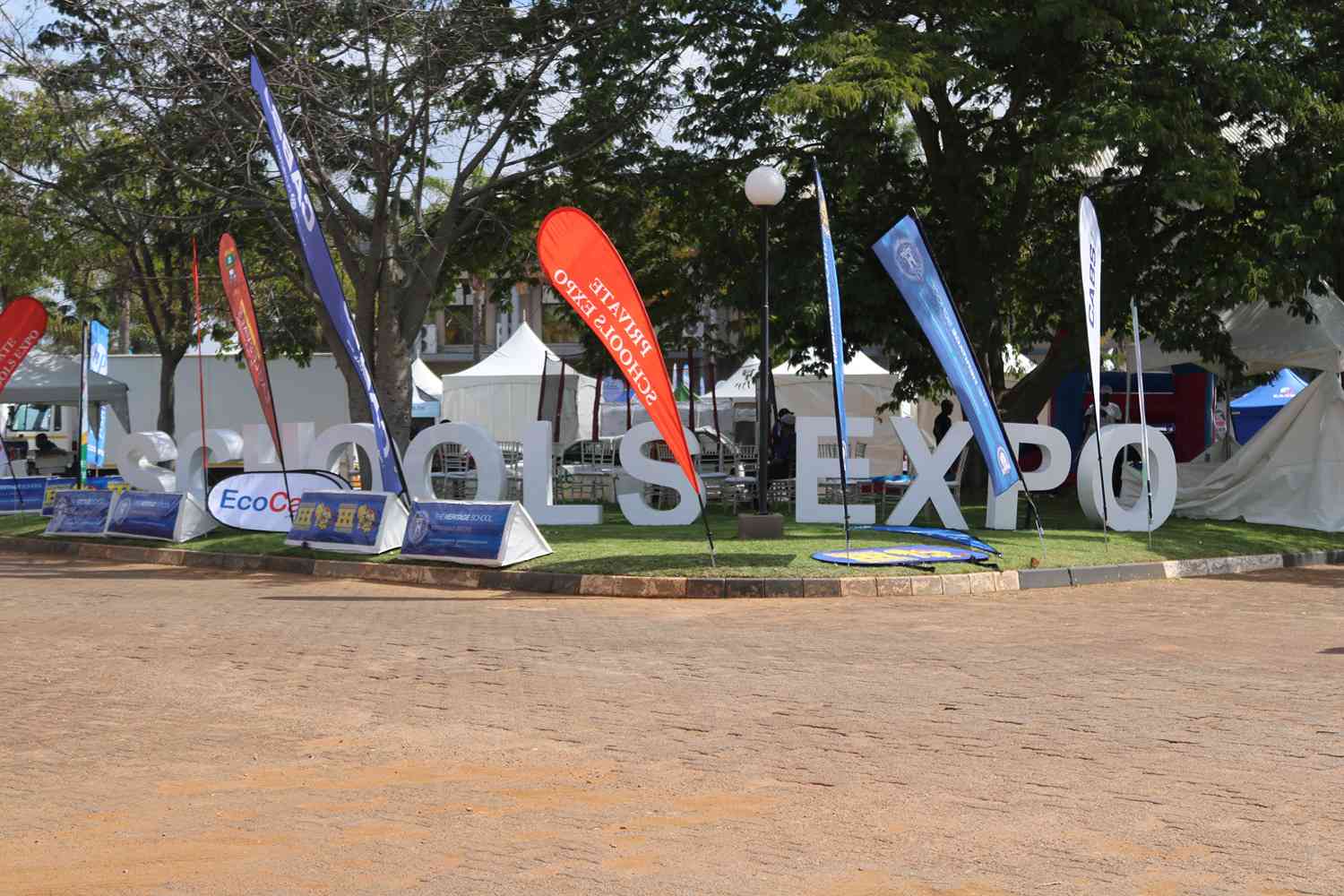
PIRATE taxis have become a prominent feature on the country’s roads, for the better and the worst. The Standard reporter Jennifer Dube recently used them on a trip to her rural home in Irisvale in Matabeleland South and below is her account. BY JENNIFER DUBE
I boarded a Nissan Elgrand at the Show Grounds, which one tout assured me was “a safe vehicle which will take you to Bulawayo within six hours as it is owned by a police officer and thus never gets delayed by police roadblocks”.
True to the tout’s words, the journey to Bulawayo was as smooth as it can be. The youthful driver only occasionally stopped to greet police officers manning some roadblocks. But in most cases, officers just indicated that he may proceed and he would just wave back as we cruised on.
Although sitting uncomfortably — 15 people in a car meant for seven — we were kept entertained as the two crew members cracked jokes all the way.
They also talked about how female officers spurned their love proposals and their frequent regrets after losing cellphone numbers of officers that could bail them out of trouble along highways.
Trouble struck when the driver was informed that some officers he did not know had mounted a roadblock just before Mahatshula in Bulawayo. The officers were demanding US$20 “pasina chitsotsi” (without fail), he was told.
Without negotiating with passengers, the driver turned into an old gravel road to evade the roadblock. But it appeared as if he was jumping from the frying pan into the fire.
Four other officers on bicycles had mounted another roadblock in the midst of that neglected road.
- Chamisa under fire over US$120K donation
- Mavhunga puts DeMbare into Chibuku quarterfinals
- Pension funds bet on Cabora Bassa oilfields
- Councils defy govt fire tender directive
Keep Reading
However, passing through that roadblock was less costly as the driver only paid US$5.
As assured by the tout, we arrived in Bulawayo within six hours.
I was not going to be as lucky the following day when I boarded a Toyota Ipsum headed for Filabusi, a few kilometres away from Irisvale.
The driver, who said he was new on the route, assured us he knew the “rates” he needed to pay at the various roadblocks. I was confident I would be home at Village 12 within an hour.
At the first roadblock, he paid US$5 and we were on our way without delay. As we approached a second roadblock, the driver asked for US$1 from the passenger and confidently parked on the roadside when he was told to do so.
A few minutes later, he came back looking agitated and asked for another US$2, as he needed to “top up”. The officers were “demanding an unreasonably high rate”, he told us.
The negotiations took more than an hour and nearly turned nasty as one of the officers physically manhandled the driver, telling him “ibva pano hautaurike newe” (get away, you are stubborn).
The officer took over the car and drove it to a spot some metres away from the roadblock. He told us they had an operation to remove all the pirate operators off the roads for the safety of the travelling public.
Some passengers pleaded with him to allow us to proceed as they were rushing to a funeral. But the officer remained adamant, saying we were only going to proceed after the payment of a US$20 spot fine.
Passengers had to pay their fares to enable the driver to pay the fine.
The driver got US$26 from seven passengers and paid the fine and was issued with a ticket, which the militant officer said would be “our passport” past all other roadblocks.
After deducting all fines, the driver remained with just US$1. As we left the place, the driver was cursing.
Desperate to raise more money, he took the offer to deliver four passengers in Sibomvu at an additional cost of US$8. He openly celebrated the extra money by rubbing his hands saying “Imbwa idzi dzanga dzandisiya ndisina kana cent” (These dogs had left me with no money).
As we made our way back to the highway, he indicated he wanted to reach Filabusi within 30 minutes so he could hopefully pick other passengers back to Bulawayo.
I personally cautioned him against speeding on the gravel road but he took no heed. A few minutes later, the speeding car veered off the road and overturned. Eyewitnesses said we rolled a couple of times before the car came to a halt on the side of the road.
The driver refused to be taken to a nearby clinic, preferring to remove wheels and other parts he could salvage from the wreck.
All along he was moaning, “mota yevanhu! mota yevanhu!” (the vehicle did not belong to him).
The three passengers, myself included, escaped with minor injuries.
As we begin the festive season, one can only hope that we will not have many of such cases as some can end in fatalities.
Police officer treated differently at roadblocks On my way back to Harare, I took the risk again and boarded another Nissan Elgrand.
Sitting at the front with the driver was a man who took over the driving everytime we approached a roadblock.
The man seemed to be well-acquainted with police officers at the roadblocks. He would just stop to greet the traffic police, who never asked him any of the usual questions directed to kombi drivers.
Curious, some passengers asked why he had to take over driving at roadblocks and he explained that he was an officer stationed at Harare Central Police Station.











